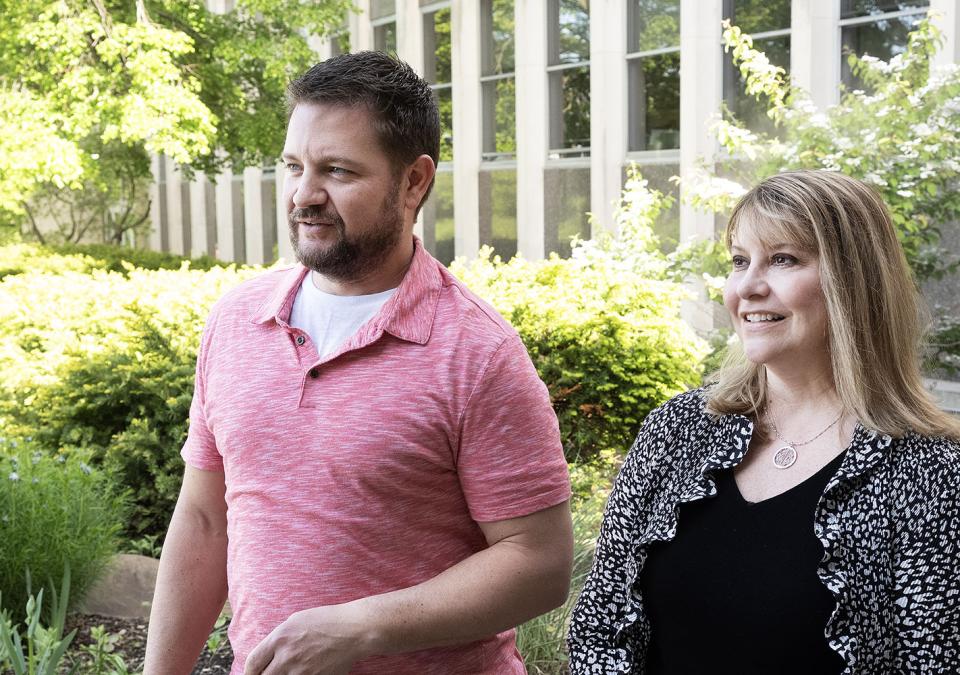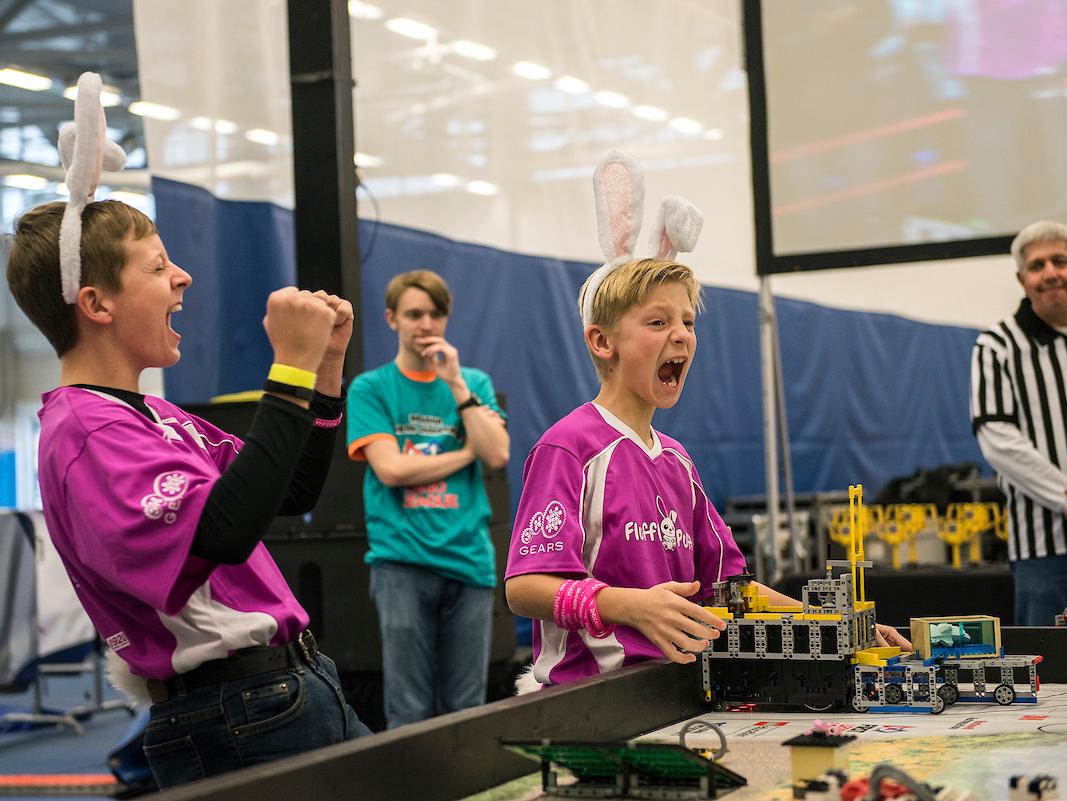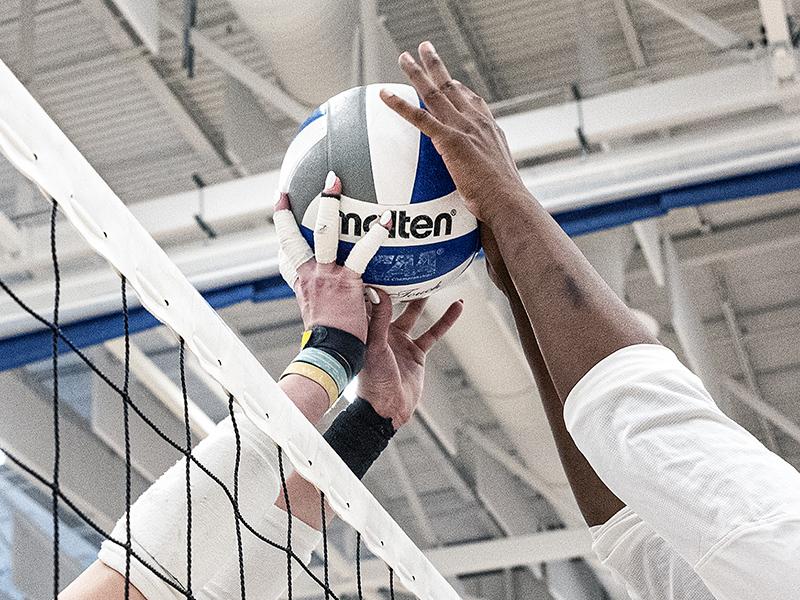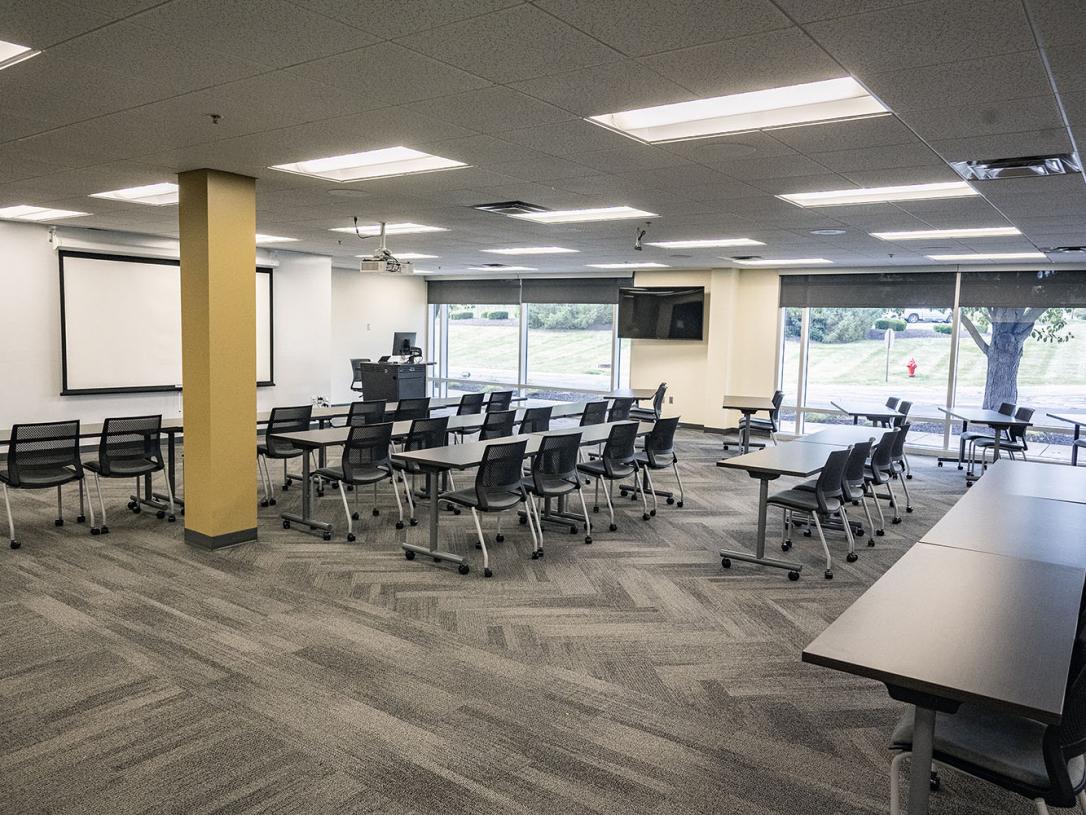
PFW Story
Major academic conference bringing 200 scholars to campus in June
The last time Purdue University Fort Wayne was scheduled to host the Management & Organizational Behavior Teaching Society’s annual conference in 2020, the pandemic forced the event—like just about everything else—to move online. PFW gets a second in-person chance June 10-13, and organizers can’t wait.
“We’re excited to welcome an awful lot of people to a city they’re likely never going to have the chance to visit,” said Michael Kirchner, associate professor and graduate program director in PFW’s Department of Organizational Leadership. “It’s a great opportunity to show off our community and the campus.”
The conference will welcome about 200 participants from across the world and include roughly 100 sessions held at Walb Student Union and the Liberal Arts Building. Kirchner and Kim O’Connor, PFW’s associate vice chancellor for teaching and learning, are members of the MOBTS board of directors and conference site co-chairs. They’ve been developing the event program for the past two years. That includes finding volunteers, setting up social activities, and providing transportation from Student Housing on the Waterfield Campus, where most participants will stay.
The MOBTS conference provides an ideal forum for the exchange of ideas. Sessions vary in focus; some include the promotion of experiential learning, exercises to encourage innovative approaches to teaching content, and examining challenges in the classroom.
With “Don’t Stop Believing” as the theme, the event is hosted by the College of Engineering, Technology, and Computer Science and the Doermer School of Business, but all parts of the university are pitching in. Including O’Connor and Kirchner, 15 PFW faculty and staff members are part of the presentations.
“It is a great opportunity,” O’Connor said. “The sessions are incredible at producing ideas and activities for the classroom. It’s just energizing and makes you excited for the next academic year.”
O’Connor said she’s attended several MOBTS conferences in the United States, Singapore, and New Zealand.
“I’ll never forget my first,” Kirchner said. “I left with 27 ideas that I wanted to use. That was all from just one conference.
“These are tools and resources we can use. Some people mentor junior faculty who are interested in improving, so even if we can’t always directly apply these things in our classrooms, there’s still a toolbox we can pull from during mentor reviews.”
Most presentations are scheduled to last one hour, but there’s a half-hour break between sessions, partly because many continue past their scheduled completion.
“It’s about reminding ourselves who the primary stakeholders are—namely, our students,” Kirchner said. “How do we better support and prepare our students for their future?”



